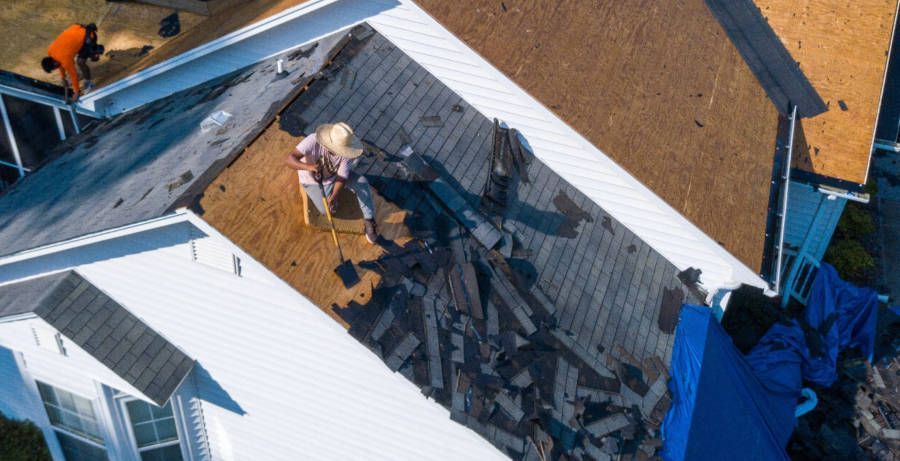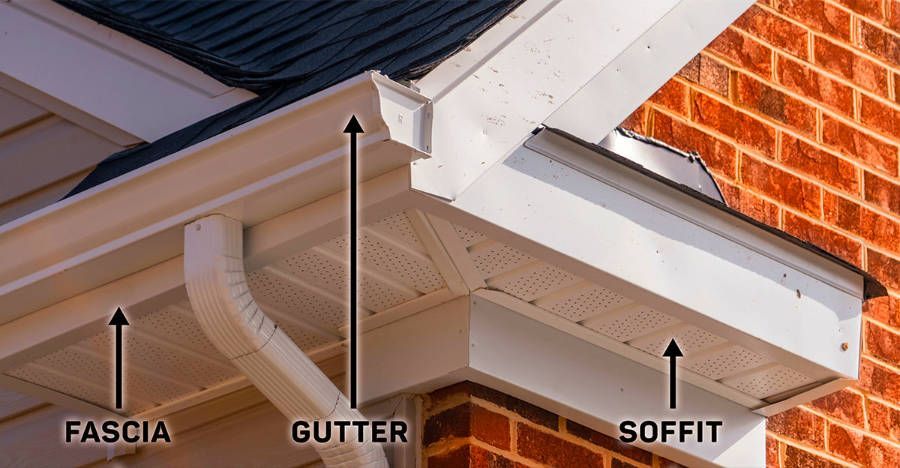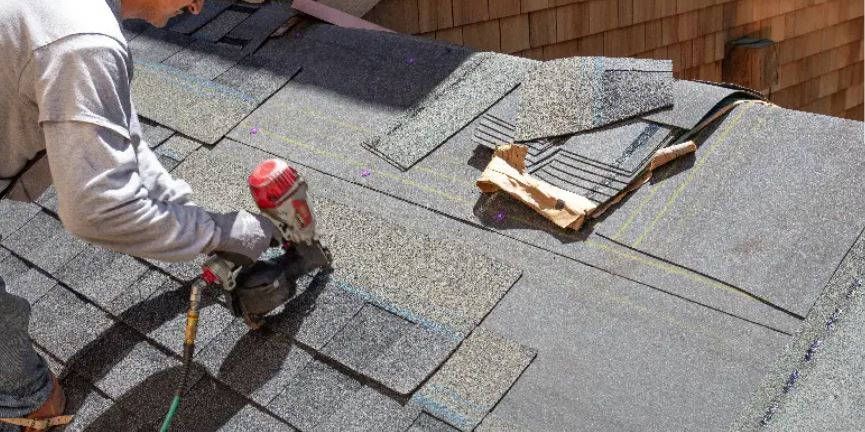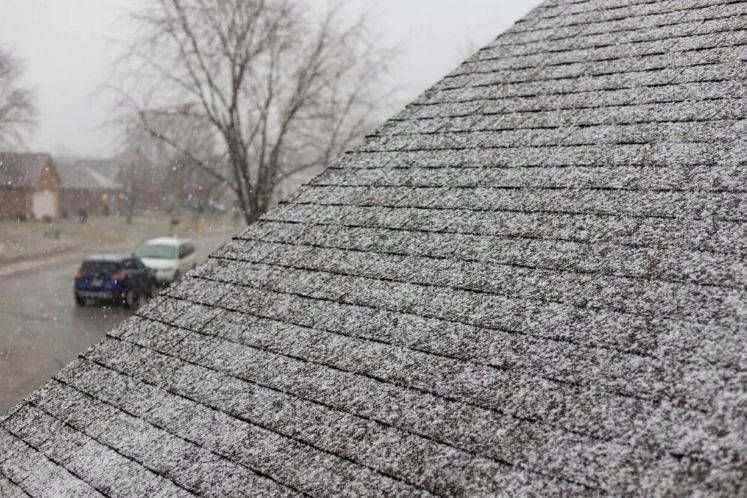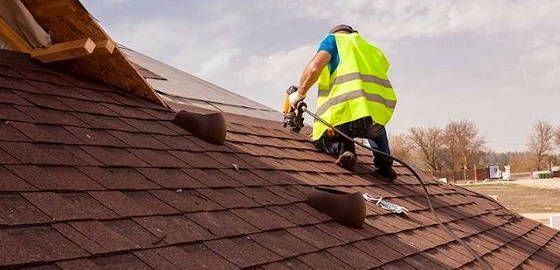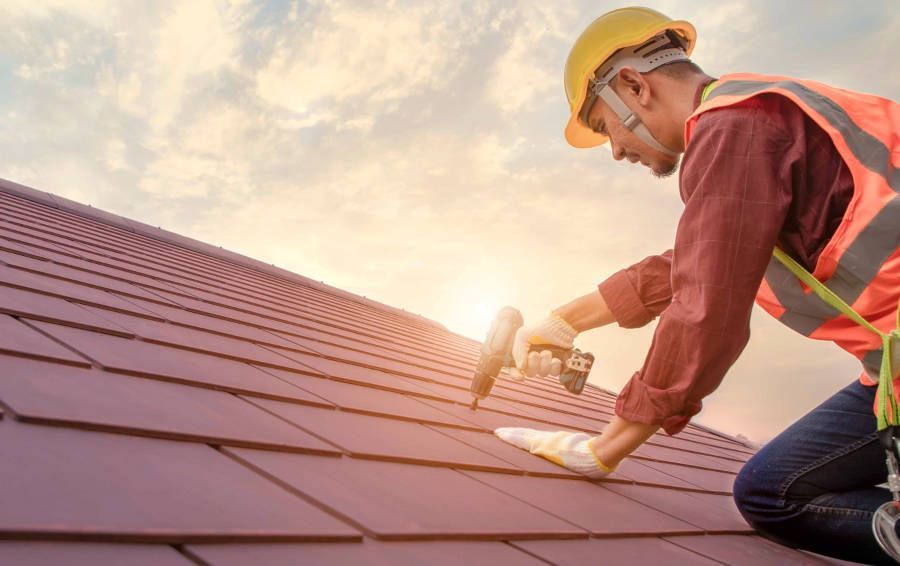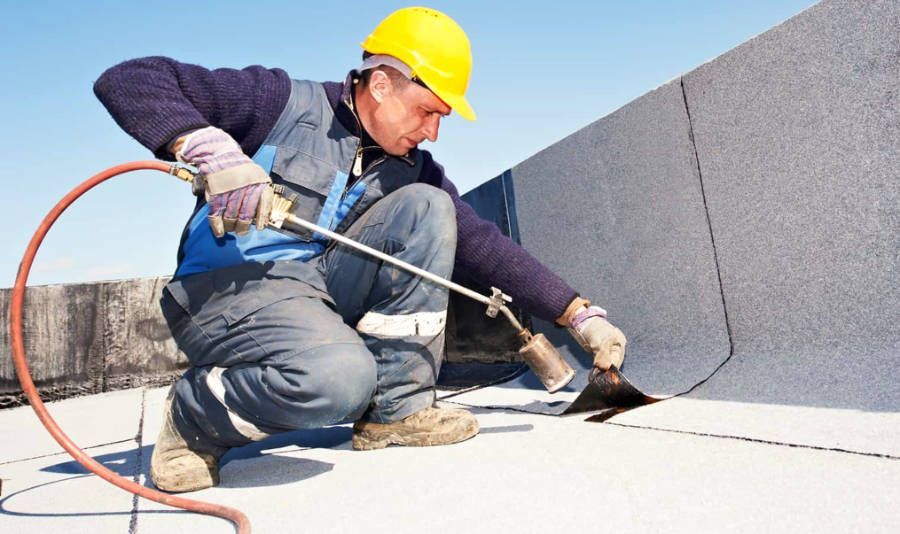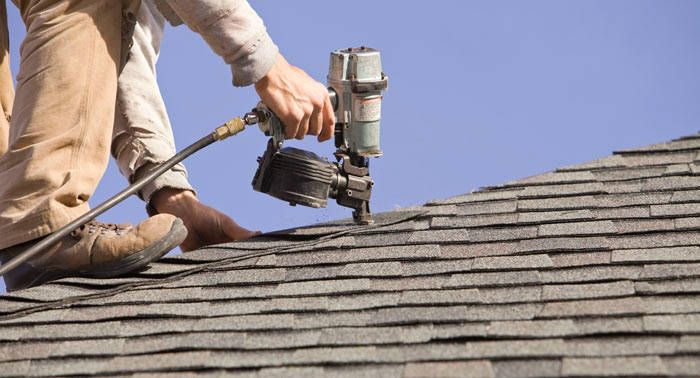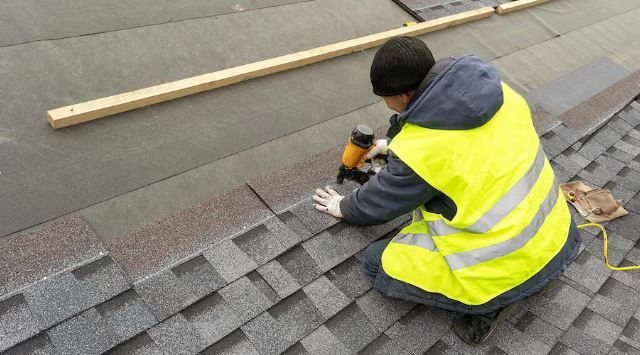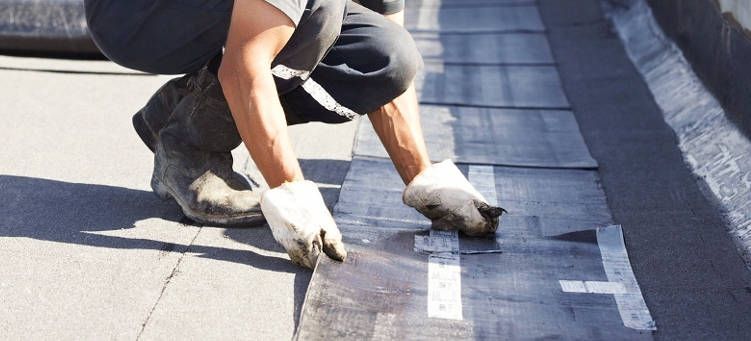What is the life expectancy of a roof?
The lifespan of a roof varies depending on several factors, including its design, environmental conditions, construction quality, and ongoing maintenance.
Whether you're buying, selling, or maintaining a home, understanding the life expectancy of your roof is crucial. While roofs are built to last for many years, they are not indestructible. It's important for contractors and homeowners alike to have a clear understanding of how long different types of roofs can be expected to endure.
Factors Influencing Roof Longevity
Discover the key factors that influence how long your roof will last and when roof replacement should be considered:
- Roofing Material: The type of material used significantly impacts a roof's lifespan. Investing in high-quality materials often translates to greater durability and longevity.
- Material Quality: Choosing between low-quality and high-quality roofing materials can affect maintenance needs and longevity. Opting for superior materials can mitigate frequent repairs and premature replacement.
- Ventilation: Proper roof ventilation is critical for maintaining a consistent temperature and prolonging roof life. It helps prevent material deterioration due to extreme heat or moisture build-up, improving overall property efficiency.
- Regular Maintenance: Regular inspections and maintenance extend the lifespan of your roof. Timely repairs prevent minor issues from escalating into major problems that could necessitate a full roof replacement.
Average Lifespan of Different Roof Types
Explore the typical lifespan of popular roofing materials:
- Architectural Asphalt Shingles: Lasting approximately 25 to 30 years, architectural asphalt shingles are durable and come in various colors, enhancing a home's aesthetic appeal.
- Metal Roofs: Among the most expensive options, metal roofs can endure up to 70 years with proper installation and maintenance, making them a long-term investment.
- Clay Tiles: Heavy and durable, clay tiles can last between 50 to 100 years when installed correctly on a specially designed structure.
- Concrete Tiles: Offering a lifespan of 40 to 75 years, concrete tiles are a cost-effective alternative to clay tiles but may require more maintenance in sunny climates.
Tips to Extend Roof Lifespan
To maximize your roof's longevity, consider these preventive measures:
- Regular Inspections: Schedule annual roof inspections to identify and address potential issues promptly.
- Proactive Repairs: Address any signs of damage, such as water spots, immediately to prevent further deterioration.
By understanding these factors and taking proactive steps, homeowners can ensure their roofs remain durable and functional for many years.
